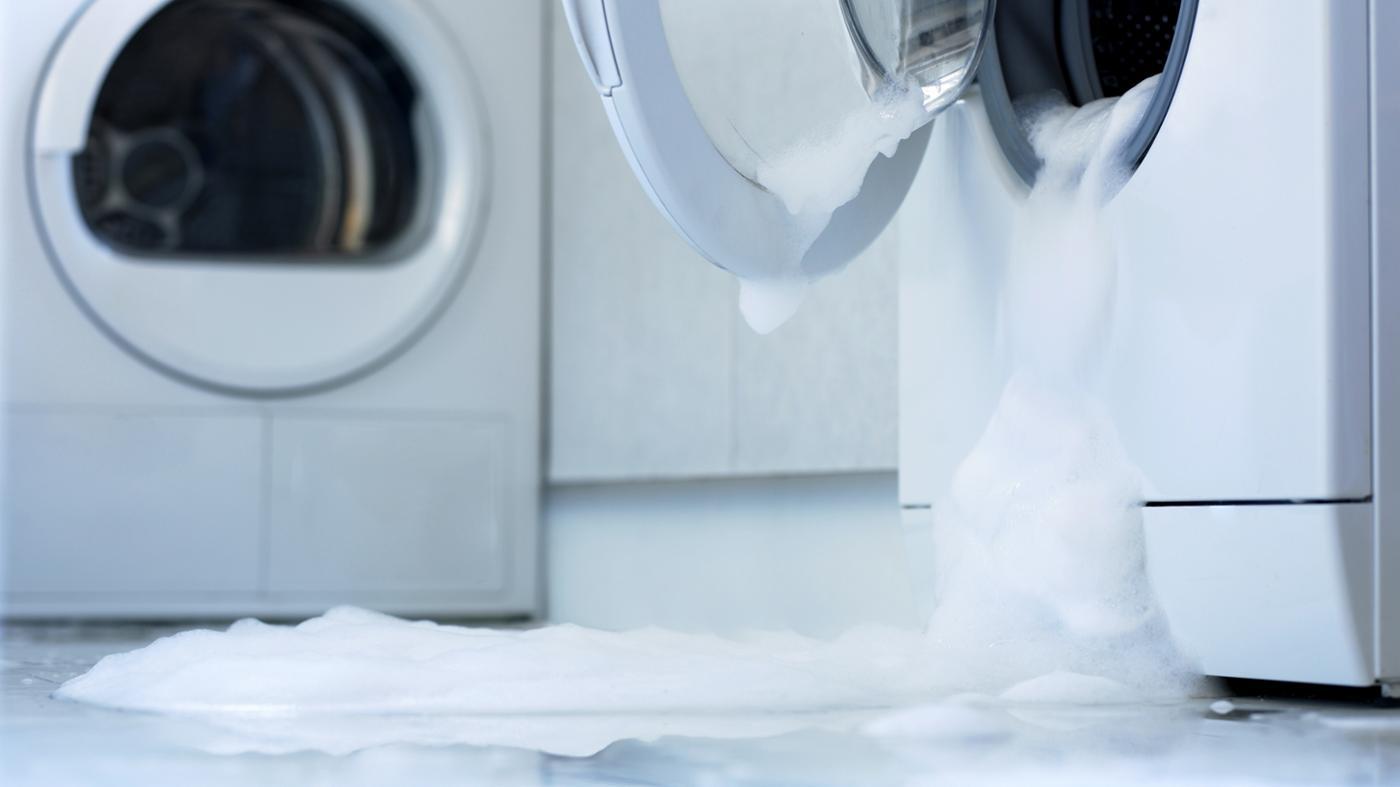Emergency Overflow Strategies: Handling A Washing Machine's Leaks
Emergency Overflow Strategies: Handling A Washing Machine's Leaks
Blog Article
Right here in the next paragraph you will find a good deal of outstanding material in relation to My Washing Machine Flooded the House .

How you hand those precious minutes after your washing equipment leakages and floods can influence just how fast your residential or commercial property gets recovered. Knowing what you must do as well as that to call can save you from significant damage. It will additionally help assist you in filing for homeowners insurance policy coverage. Have a look at these leading tips below:.
Turn Off the Power.
Turn of the circuit breaker where the cleaning maker is. It is essential to ensure the washer is off. Water is a conductor, as well as doing this action guarantees nobody experiences electrocution. Besides, you need to not use your washing machine up until a specialist repairman has inspected it.
Take Out the Standing Water.
As you await the plumber or repair service technician to find, you need to manage the flood. If your washer is in the basement with substantial flooding, you require a completely submersible pump to take out the water. You can lease or obtain this. However, if it occurs in the middle of the night, the old container approach will certainly additionally function. Use a number of containers to manually dispose out the water. It would be best if you did this today, as the longer the water stays, the more extensive the damages.
Call the Pros.
If you believe the issue is with your water line, you need to call a certified plumber. However, if you are not sure, call a washing machine repairman for a fast assessment. He or she can inform you best what the issue is. Maybe a problem with the device itself or the pipes attaching to the equipment.
Paper the Damage.
Prior to tidying up this emergency flooding scenario, you have to record whatever. Keep in mind, pictures, as well as video clips. It would certainly be best if you had every one of this as evidence to sustain your insurance coverage cases. Then you can call your homeowner's insurance policy supplier to check what other needs they need to process your request.
Vacuum Cleaner Any Type Of Staying Water.
Making use of a wet/dry vacuum cleaner, eliminate the rest of the water, as well as pull it from porous materials like baseboards, drywall, flooring, as well as carpets.
Turn Off Water.
You must turn off the water supply of the machine. Whether it overruns for unknown factors, breaks down in the lower pipes, or tears the main tube, you will be dealing with significant amounts of water. If the neighborhood supply line to the washer does not shut it off, you need to turn off the primary water valve outside your house.
Dry the Location as Long As Feasible.
After taking out the standing water, obtain sponges or old towels to suck out as much water from the floor or carpeting. Keep the home windows open to distribute the air. You might additionally use electric followers to quicken the drying process. Keep in mind, water will certainly cause mildew and also mold and mildew growth which is dangerous to your health. If you feel that the scenario is too much to deal with, you can likewise look for water removal solutions from a reconstruction company. Your insurance coverage case could likewise help pay for this solution, so simply ask.
Remember, a broken washer with leaking pipes will lead to disastrous damages due to the enormous quantities of water it can unload. Therefore, it would certainly help to have your equipment and water lines checked yearly. You can seek help from a credible plumber to change your supply line tubes. Doing examinations protects against demanding breakdowns and expensive breakdowns.
MY WASHING MACHINE FLOODED THE HOUSE! WHAT SHOULD I DO?
STOP THE WATER
First things first, turn off the water. You ll want to stop the flooding at its source, which is the washing machine s water supply. Once you ensure the water is turned off, unplug your washing machine.
If there is standing water around the electrical plug, you may want to take an extra precautionary step and turn off the power before unplugging your washer to prevent electrical shock.
CLEAN UP WHAT YOU CAN
Next, you ll want to clean up as much water as you can. Depending on how much your washer flooded this may take a lot of towels, but it is very important in ensuring you don t have lasting washing machine water damage. For a large amount of water, using a wet vacuum and large fans for drying will be most effective.
EMPTY THE MACHINE
Once you ve cleaned up the majority of the water from the overflow, you ll want to remove any items from your washer, along with any leftover water that is still in your machine. This will give a you or a repairman the ability to analyze your machine and determine the cause of the washing machine overflow.
CALL IN THE EXPERTS
Depending on how washing machine-savvy you are, you may be able to determine the cause of the overflow yourself maybe you notice a faulty hose, like we discussed earlier. But if you aren t able to determine why your washing machine flooded, you ll want to get someone in there who can.
FIX ANY WATER DAMAGE
Effects of water damage after a washing machine flood may include damage to surrounding areas, such as your floors, walls, or other close-by machines. And while visual damages might be the most noticeable, you ll want to pay attention to smell as well. A wet-dog type of smell is normal at first and can usually be remedied by opening nearby windows to air-out the area.
However, if the smell lingers for more than three days, that s an indication there is still water somewhere. Even after thoroughly drying the impacted area, water may be hiding in your floors or in the sheetrock in your walls, which can indicate mold. Call in a mold remediation professional to inspect your property for hidden moisture.
WHAT CAUSES WASHING MACHINES TO FLOOD?
Too much laundry soap. When it comes to how much soap you use, be sure to not exceed the recommended amount. Using too much soap can cause build up and clog your washing machine leading to overflow. Too many clothes. If you overload your washer with too many clothes, you may notice your washing machine becoming unbalanced and making awful noises, like a spaceship getting ready to take off. This is an indication that your washer is out of alignment which can lead to a flood. Too weak or old of a hose or other faulty washing machine parts. Washing machines rely on hoses to transport water to and from the washing machine. If one of the hoses becomes weak, faulty, or develops a crack, say hello to a flood. You ll want to ensure your hoses are in good shape and properly connected so no water can leak out. It s also important to check the washing machine draining mechanisms, as well as the door latches and seals. Making sure everything is in tip-top shape and proper working order will help keep your washer from flooding. https://www.servicemasterbyzaba.com/blog/washing-machine-flooded/

Do you enjoy more info about The Best Tips for Cleaning Up After A Washing Machine ? Try to leave feedback below. We would be delighted to hear your ideas about this write-up. In hopes to see you back again later on. For those who enjoyed reading our blog entry if you please do not forget to share it. Thanks for your time spent reading it.
Book Appointment Now
Report this page